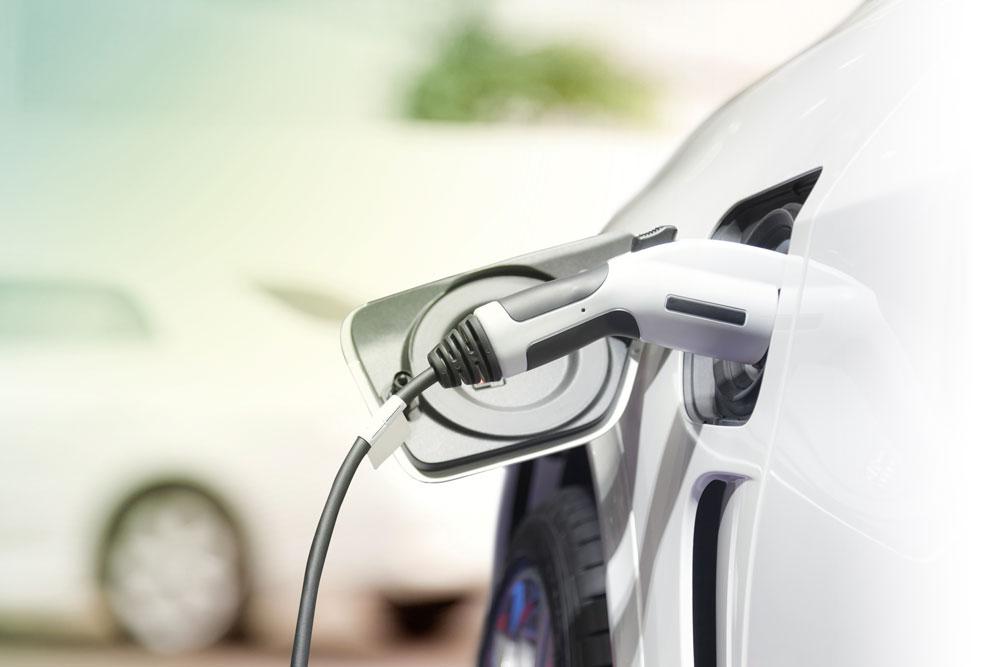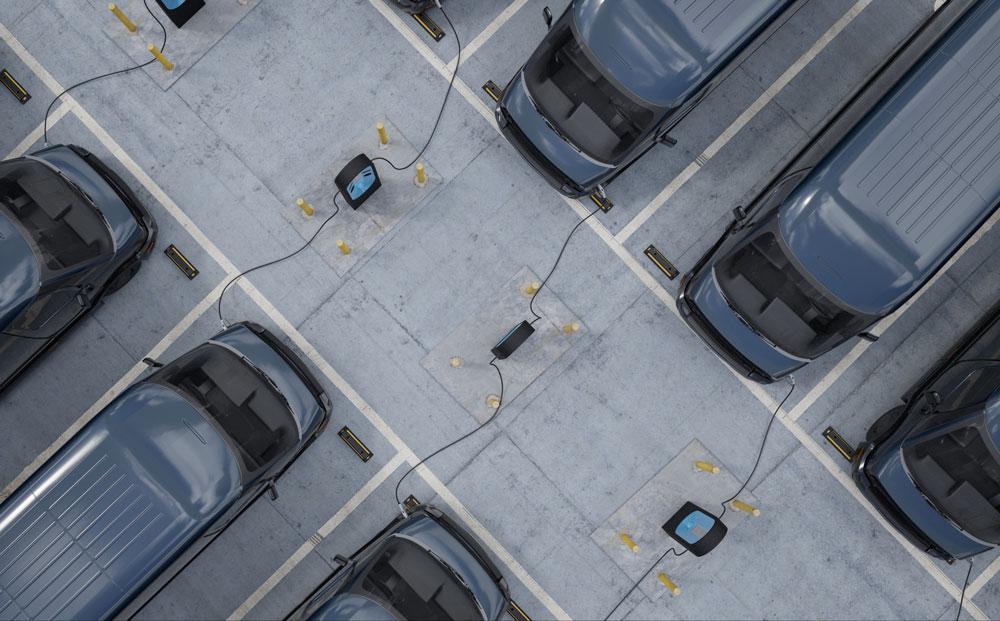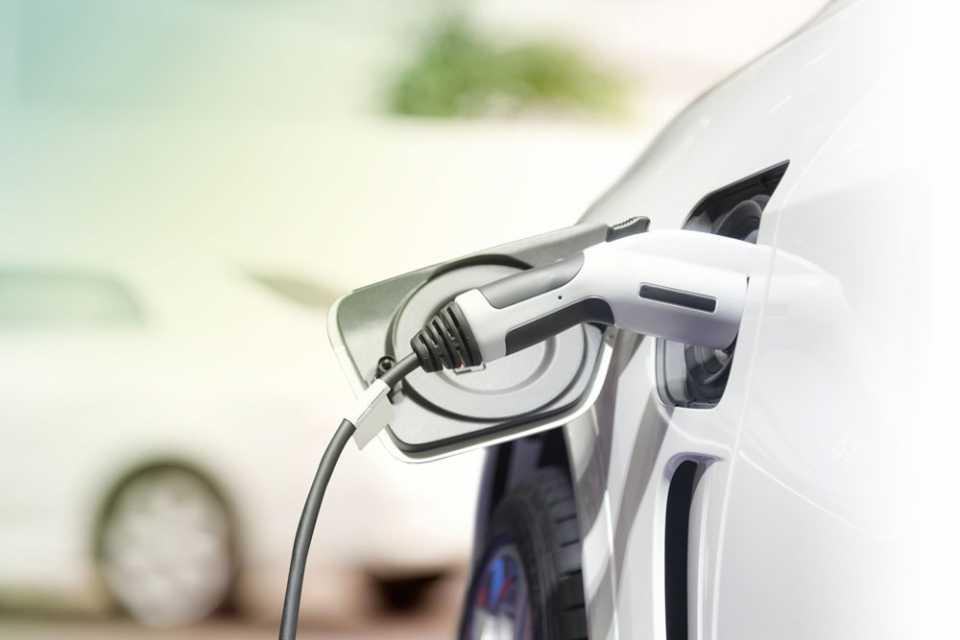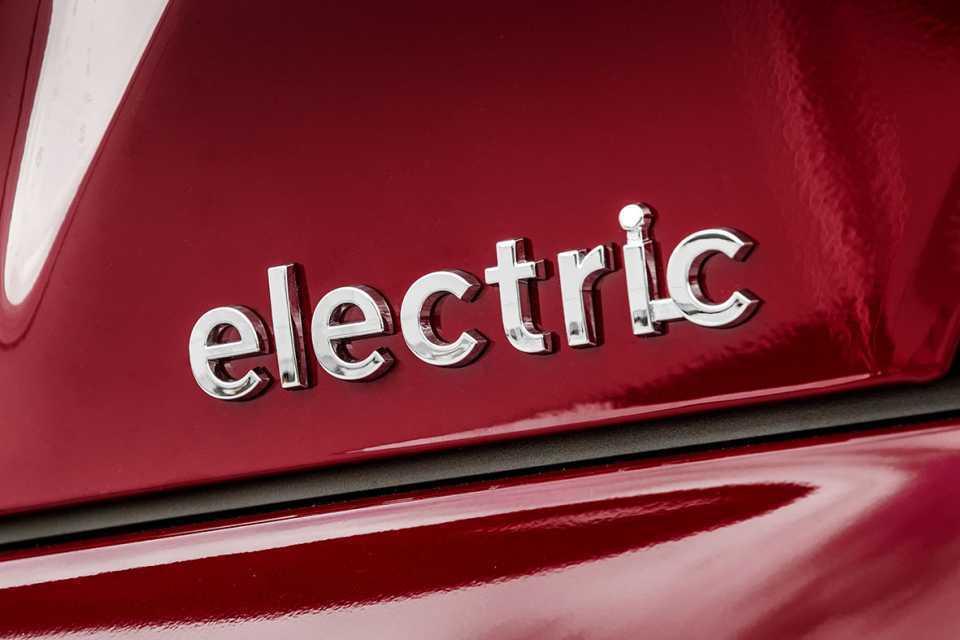A review of lithium ion battery recycling suggests that government and industry need to act now to develop a robust recycling infrastructure to meet future recycling need.
The study was carried out by the University of Birmingham in collaboration with researchers at the universities of Newcastle and Leicester.
The issue of end-of-life lithium ion batteries (LIBs) waste is already significant and is set to grow as demand for EVs increases. Based on the 1 million electric cars sold in 2017, researchers calculated that 250,000 tonnes or half a million cubic metres of unprocessed pack waste will result when these vehicles reach the end of their lives.
There is also an enormous opportunity for the UK. Analysis by the Faraday Institution – the UK’s independent institute for electrochemical energy storage research – points to the need for eight gigafactories in the UK by 2040 to service the demand for LIBs. The UK will need to develop sources of supply for the critical materials required for these batteries and recycled material could play a important role.
Dr Gavin Harper, Faraday Research Fellow at the University of Birmingham, is lead author on the paper. He said: “The recycling challenge is not straightforward: there is enormous variety in the chemistries, shapes and designs of lithium ion batteries used in EVs. Individual cells are formed into modules, which are then assembled into battery packs. To recycle these efficiently, they must be disassembled and the resulting waste streams separated. As well as lithium, these batteries contain a number of other valuable metals, such as cobalt, nickel and manganese, and there is the potential to improve the processes which are currently used to recover these for reuse.”
Professor Andrew Abbott, of the University of Leicester and co-author on the paper, said: “Electrification of just 2 per cent of the current global car fleet would represent a line of cars that could stretch around the circumference of the Earth – some 140 million vehicles. Landfill is clearly not an option for this amount of waste. Finding ways to recycle EV batteries will not only avoid a huge burden on landfill, it will also help us secure the supply of critical materials, such as cobalt and lithium, that surely hold the key to a sustainable automotive industry.”
The study identifies a number of key challenges that engineers and policy-makers will need to address, including identifying second use applications for end of life batteries and developing rapid repair and recycling methods, particularly given that large-scale storage of electric batteries is potentially unsafe.
Improving diagnostics of batteries, battery packs and battery cells, so the state of health of batteries can be accurately assessed prior to repurposing
Optimising battery designs for recycling to enable automated battery disassembly, safer than the current manual handling techniques
Designing new stabilisation processes that enable end-of-life batteries to be opened and separated, and developing techniques or processes to ensure that components are not contaminated during recycling.







